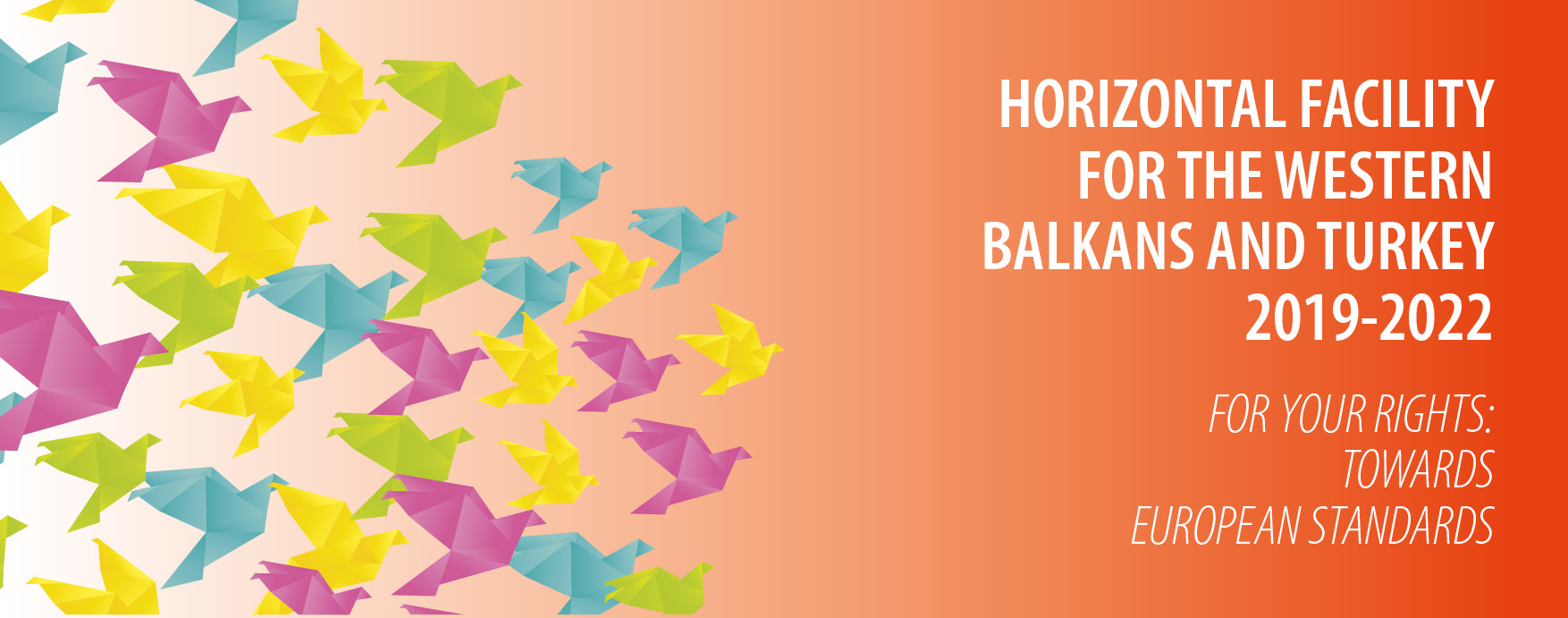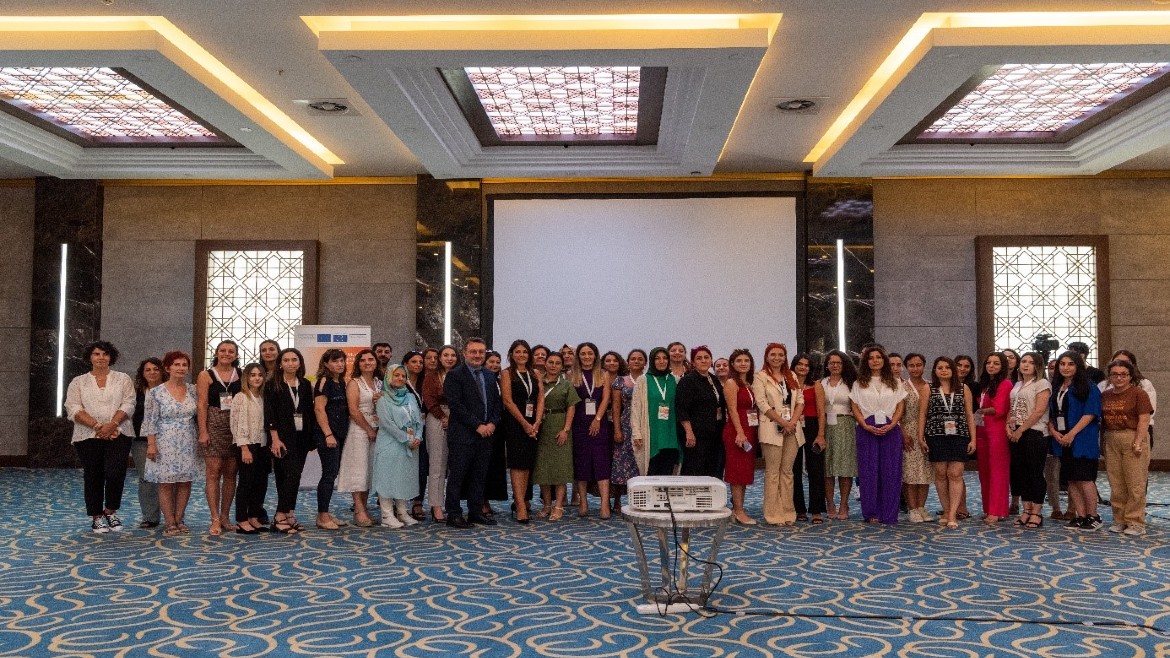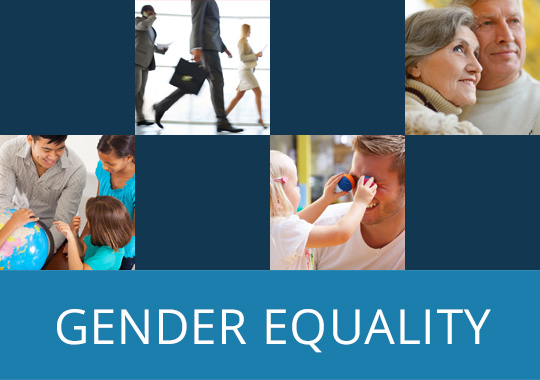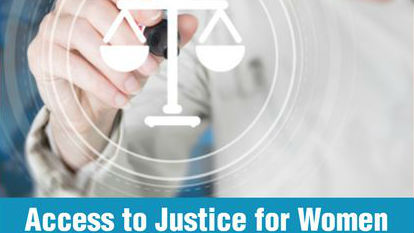Women and men do not have equal opportunities or conditions when they need to seek justice. Access to information and support mechanisms, as well as legal aid, play a vital role in eliminating obstacles for women and empowering them to exercise their rights as equal citizens.
Having this in mind, the European Union and the Council of Europe’s joint action on “Fostering women’s access to justice in Turkey” has continued organising multi-stakeholder meetings in various provinces. The fourth meeting of this series was held in Diyarbakır on 19 September 2022.
Key stakeholders – including the Union of Turkish Bar Associations, local bar association, public institutions, municipalities, academia and civil society organisations working in the field of women's rights – discussed the challenges faced by women in accessing justice and the concrete actions that can be taken to overcome them.
All of the participating institutions shared their experiences and views on how to strengthen inter-agency co-operation and co-ordination to support women, especially those from disadvantaged and vulnerable situations, to access remedies and services.
In her opening speech, Vice President of the Union of Turkish Bar Associations Atty. Sibel Suiçmez “We have a bar association in Diyarbakir with developed human rights practices and collaboration with civil society organisations and public institutions. I believe that this meeting served for an important aim to identify problems related to women's access to justice and provide solutions as well as contributed to the work and co-operation of local stakeholders in this field”, she stated.
In his speech, Atty. Nahit Eren, President of Diyarbakır Bar Association, noted: “I would like to thank the representatives of the Union of Turkish Bar Associations and the Council of Europe for the selection of the Diyarbakır Bar Association as one of the four pilot provinces for the Fostering Women's Access to Justice in Türkiye Project. Within the scope of the European Programme for Human Rights Education for Legal Professionals (HELP), 77 women legal aid lawyers from our bar association received a 90-hour training on women's access to justice and started to deliver legal aid and follow up cases. In this context, we believe that this project will have important results not only in terms of the following up on cases of violence against women, but also in terms of criminal and protection decisions, and that these will encourage new projects.”
In her presentation, Assistant Professor Asuman Aytekin İnceoğlu from Istanbul Bilgi University Law Faculty shared her observations on legal, institutional, socio-economic and cultural barriers to women's access to justice in Türkiye and explained how the basic principles of access to justice, namely fair trial, availability, accessibility, provision of remedies, service quality and accountability, can be brought into action. While stating that gender-based stereotypes can also be applied, in contrast with the principles of impartiality, by justice service providers, she pointed out the importance of objections, appeals and individual applications in combating this situation, as well as, of awareness raising among legal professionals. She also drew attention to the need for systematic data collection and having the data open to the public and increased coordination between institutions.
Following the multi-stakeholder meetings in Ordu, Muğla and Nevşehir provinces, the fourth and last meeting was held in Diyarbakır. These meetings were organised as a part of the action on “Fostering women's access to justice in Turkey”, implemented within the framework of the European Union and Council of Europe’s joint programme entitled "Horizontal Facility for the Western Balkans and Turkey 2019-2022".
Related links
Agenda of the meeting (English and Turkish)
Fostering women’s access to justice in Turkey
Horizontal Facility for the Western Balkans and Turkey 2019-2022









